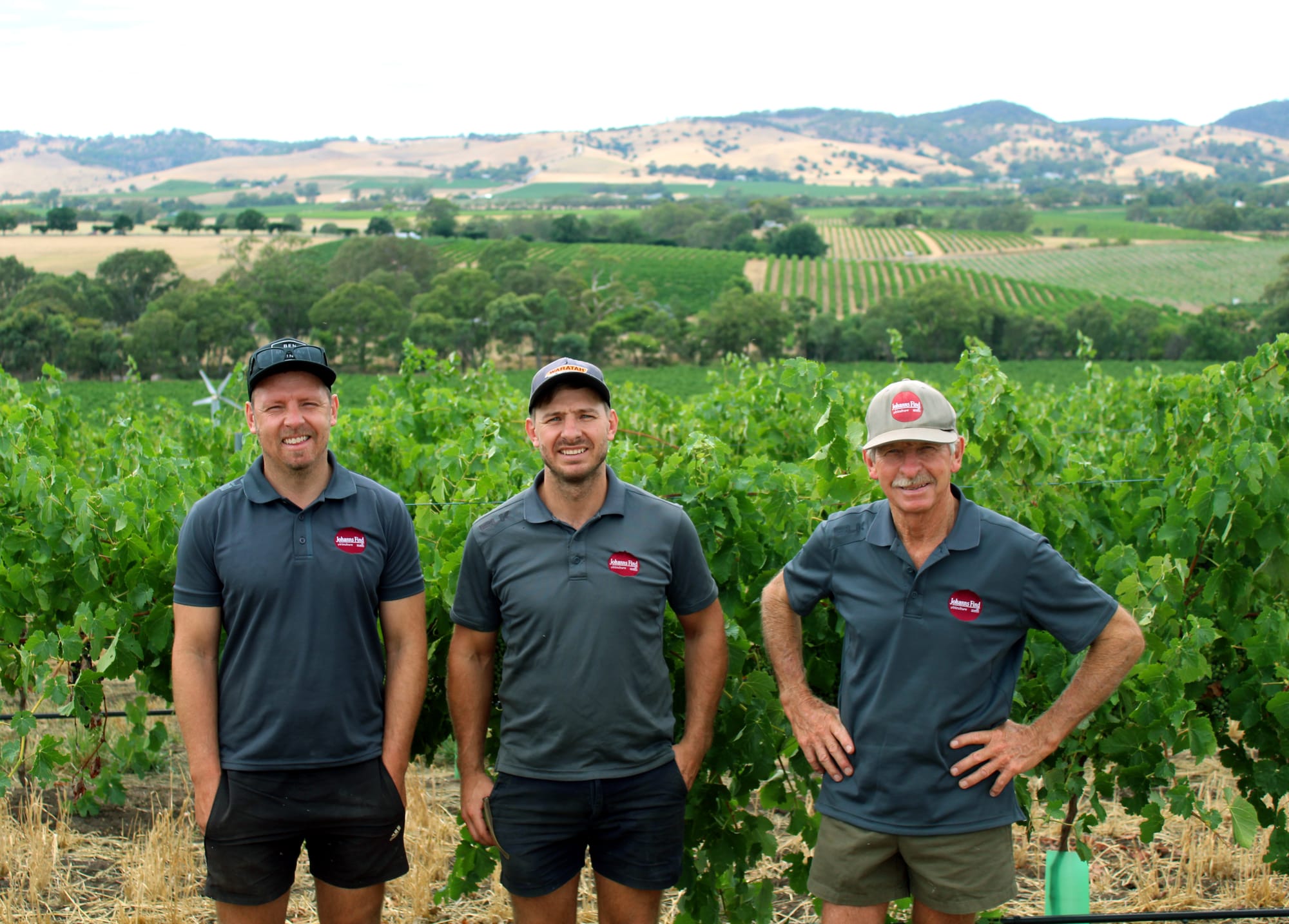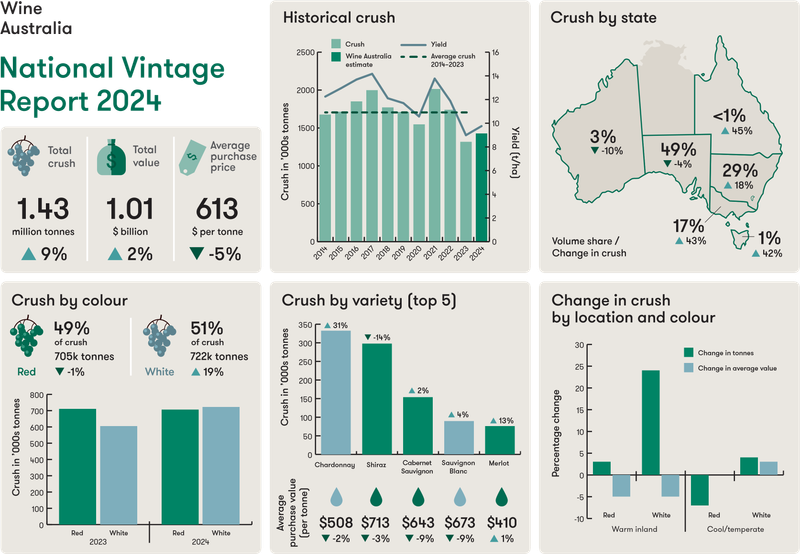Schiller family find a way to keep on growing
THE Schiller family’s first vineyard in the Barossa Valley was planted in the early 1880s, when the colony of South Australia was still taking root. The Tanunda property still bears fruit that is hand-pruned and hand-picked with minimal use of...






